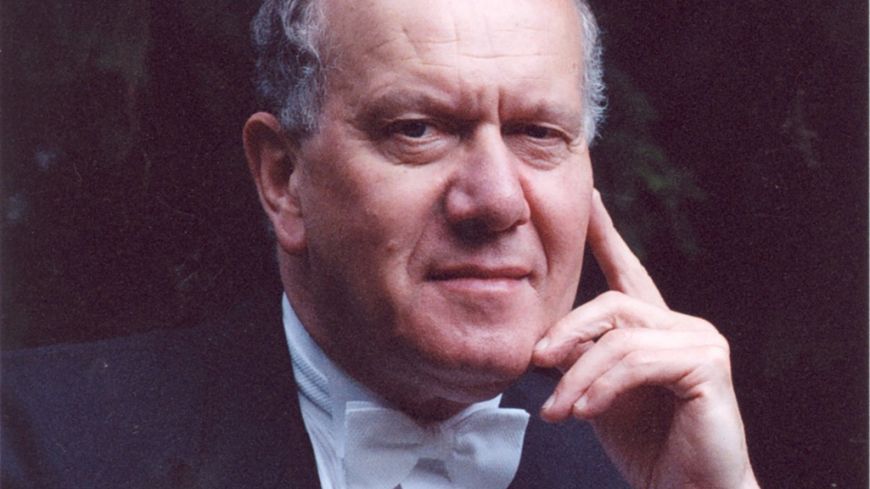
We welcomed to the podium Sir Andrew Davis who, for the past nine years, has been the Music Director and Principal Conductor of Lyric Opera of Chicago, but much of his career has been with symphony orchestras around the world. Indeed, it began as an assistant conductor in Glasgow.
For a short time Sir Michael Tippett had been a pupil at Fettes College. The conductor had known Tippett as a composer and so, with masterly baton raised, the Royal Scottish National Orchestra began with Tippett’s four Ritual Dances.
It had been arranged in 1953 as a concert suite from The Midsummer Marriage, one of his six operas. In the first of the four dances the music depicted the hound chasing the hare, in the second the otter chasing the fish, in the third the hawk chasing the bird and finally there was fire in summer - the voluntary human sacrifice which represented an ancient ritual. Interestingly in each case it was the male chased by the female.
Shostakovich had a difficult relationship with the bureaucracy of the Soviet Union; his music was twice damned and periodically banned. But by 1956 he was restored to favour and composed his exuberant Piano Concerto No 2. It was on his nineteenth birthday the next year that his son, Maxim, gave the concerto its first performance.
There’s a youthful vigour, vitality, romance and sheer damned mischief, all of which was expertly performed for us by an older man, John Lill, the leading British pianist of his generation. I thought he had retired someone said to me beforehand. Far from it, for it was a treat to watch his hands control the keyboard with such panache. The lengthy applause was saying come back again soon.
The third of the four Schumann symphonies that the RSNO is playing this season, No 3 in E flat Major, called the Rhenish, was written in 1850 when the composer was working as a conductor at Dusseldorf on the River Rhine.
Unusually it has five movements, the third and fourth are short. It was written to have a broad public appeal and for the second half of the concert it certainly appealed to this Usher Hall audience.
Event: Friday 22 January 2010 7.30 pm.

